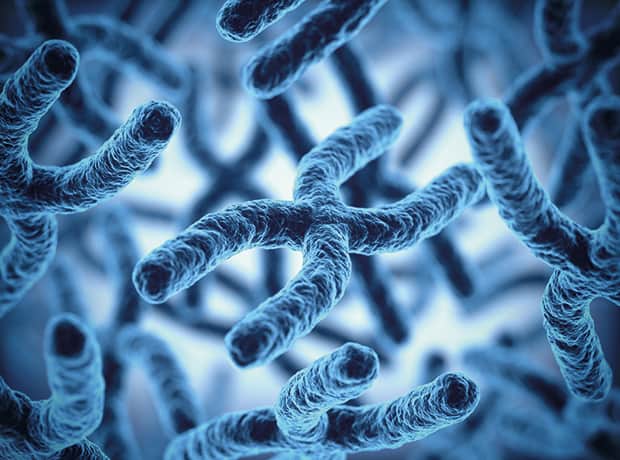In the British study, researchers analyzed 2,023 bowel cancer cases from the 100,000 Genomes Project.
Colorectal cancer (CRC) is the third most commonly diagnosed cancer in the world, with over 44,000 new cases diagnosed in the UK each year.
Now, research led by the Institute of Cancer Research (ICR), the University of Oxford and the University of Manchester has uncovered a previously unknown genetic cause of colorectal cancer (CRC).
A new study published in 2014 found that Natureprovides new perspectives on the genetic landscape and treatment response of CRC.
Led by Genomics England and NHS England, researchers analysed 2,023 bowel cancers from the 100,000 Genomes Project to identify new genetic defects that lead to bowel cancer. The study uncovered new bowel cancer subgroups with specific genetic characteristics that influence the cancer’s behaviour and response to treatment.
Commenting on the findings, co-lead author Richard Holston, Professor of Cancer Genomics at ICR, said: “This study is a major insight into the biology of CRC, revealing clues about how it develops, grows and responds to treatment.”
The research team identified more than 250 major genes that play important roles in CRC, as well as four new common subgroups based on genetic characteristics, and several rare CRC subgroups that may have different patient outcomes and respond differently to treatment.
Furthermore, the team identified different genetic mutations contributing to different regions of the colon, highlighting differences in the causes of colon cancer between individuals, which may be targetable with existing treatments currently used for other cancers.








